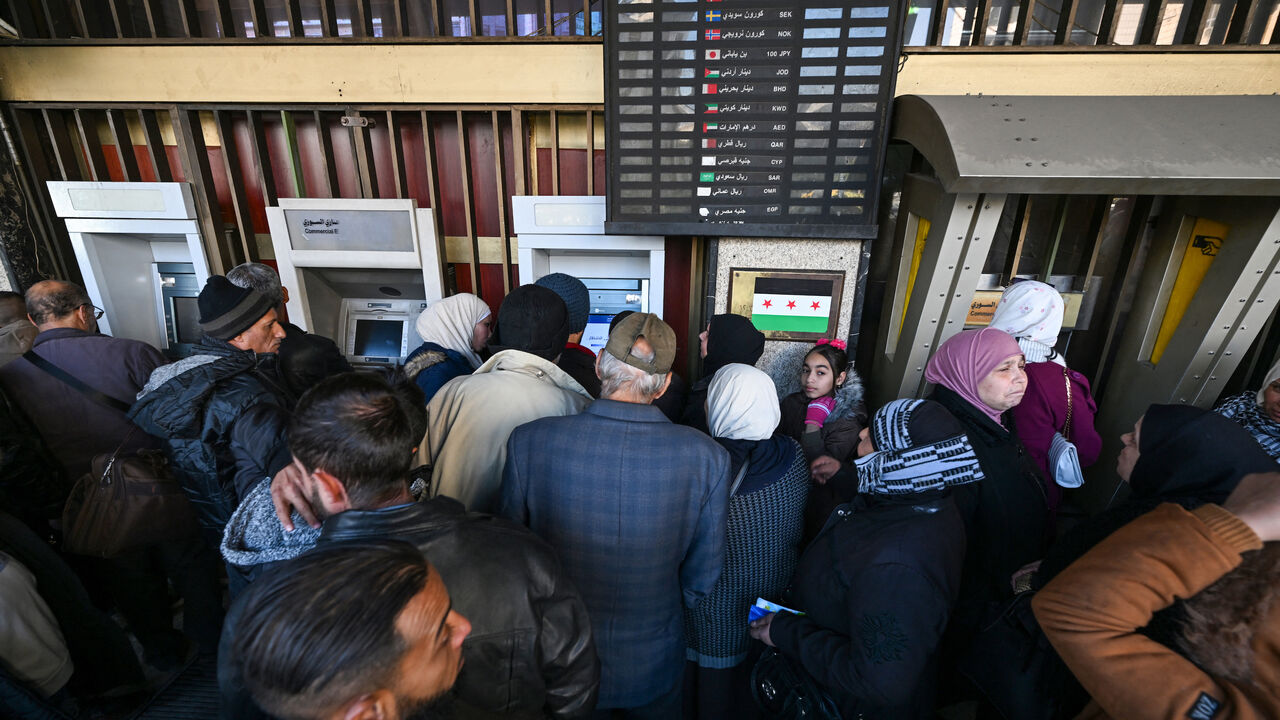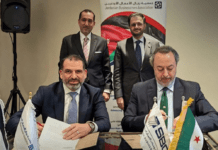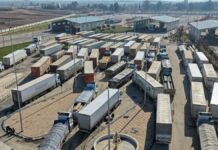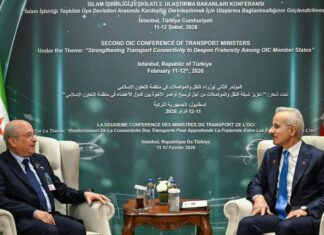
Syria completed its first international bank transfer through the SWIFT network since the start of the civil war 14 years ago, marking a milestone in its reintegration into the global financial system, the Central Bank of Syrian (CBS) Governor Abdulqadir Husriyeh confirmed.
According to Husriyeh the transaction, made from a Syrian bank to an Italian institution, signaled “a new phase” for the country’s financial sector. “The door is now open to more such transactions.” He added that more transfers with US banks could begin in the coming weeks. Syrian banks had been excluded from SWIFT since 2011, when sanctions imposed during the war cut off the country’s access to international markets.
Shift in Policy After Leadership Change
The breakthrough follows major political changes inside Syria. Following the fall of Assad last year, current President Ahmad al-Sharaa has pursued normalization with Western governments. A turning point came in May, when Sharaa met US President Donald Trump in Riyadh.
That meeting led to a broad easing of US sanctions, with members of Congress now pushing for full repeal. The European Union also ended its sanctions regime earlier this year. With international restrictions lifted, the US Treasury’s Office of Foreign Assets Control (OFAC) removed Syrian banks from its sanctions list, clearing the way for American businesses to engage directly with Damascus.
Building New Banking Ties
“We have two clear targets: have US banks set up representative offices in Syria and have transactions resume between Syrian and American banks. I think the latter can happen in a matter of weeks,” Husriyeh said. Invitations were extended to JPMorgan, Morgan Stanley, and Citibank, though their participation was not confirmed.
Finance Minister Nidal al-Sharaa emphasized the importance of streamlined transfers for economic growth. “Currently, we are in a system where the new investment law allows transfers both into the country and out of it,” he said. “This makes it easier for investors and simplifies the investment process, allowing cash flows to move smoothly.”
Economic Stakes for Recovery
According to the UN, nine out of ten Syrians live in poverty, highlighting the urgency of securing reconstruction funds. Officials in Damascus argue that renewed access to SWIFT and international banking will help stabilize the economy, attract investment, and support rebuilding efforts.
Analysts note that the pace of Syria’s recovery will depend on the durability of new financial ties and the willingness of Western banks to reengage after years of isolation. For now, the restoration of SWIFT marks the first tangible step toward reconnecting Syria’s economy with the global system.








